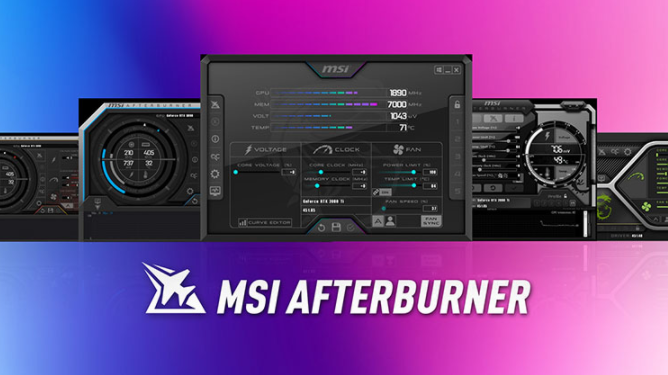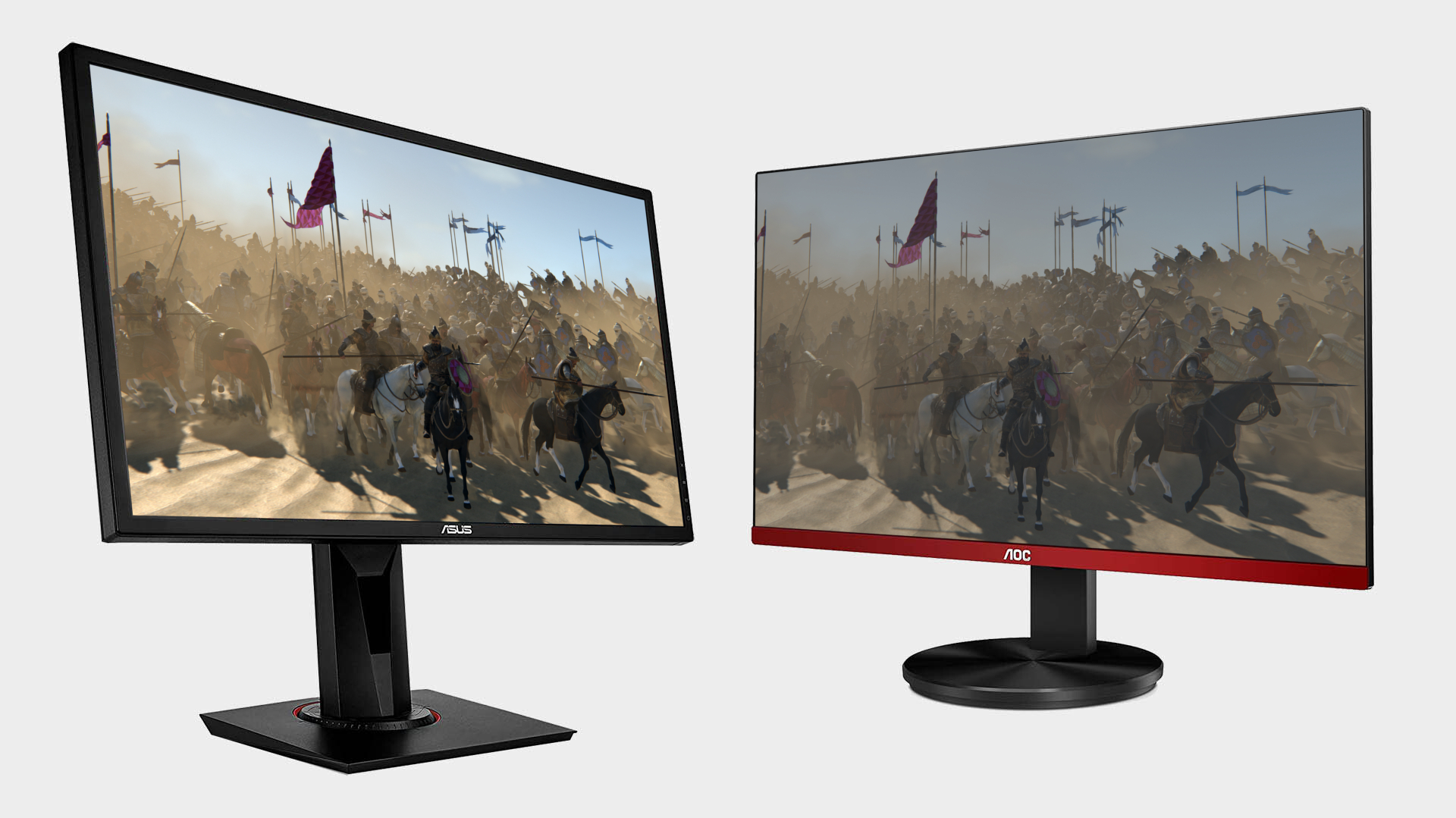MSI warns of a malicious site lacing Afterburner overclocking utility with malware
Double-check that URL before downloading MSI's overclocking tool.

At least one fraud site is imitating MSI's download page for its popular Afterburner GPU utility, and if you download and install the program from the offending URL(s), there's a good chance you will have a malware infection, MSI warns.
"MSI is informing the public of a malicious software being disguised as the official MSI Afterburner software," MSI says. "The malicious software is being unlawfully hosted on a suspicious website impersonating as MSI’s official website with the domain name https://afterburner-msi.space. MSI has no relation with this website or the aforementioned domain."
According to MSI, the Afterburner software hosted on that particular domain could contain a variety of malware, including a trojan virus and/or a keylogger. I attempted to grab the file so I could run it through a virus scan, but it appears the site has either been banished, or the malicious actor has moved on to another domain after drawing attention from MSI's warning.
Either way, this serves as a reminder to double-check that URL when downloading software, to be sure you are getting files directly from the source. And in this instance, it is entirely possible that the malware-laced version of Afterburner has found a new home on the web.

Best gaming monitor: pixel-perfect panels for your PC
Best high refresh rate monitor: screaming quick screens
Best 4K monitor for gaming: when only high-res will do
Best 4K TV for gaming: big-screen 4K PC gaming
To be clear, the legitimate Afterburner tool on MSI's actual website has not been compromised in any way, and "is safe to use." It's a nifty utility, too—not only can you overclock your graphics card with Afterburner, but you can also use it to potentially lower your graphics card temperature by tweaking your GPU fan curve, undervolting, and making other adjustments.
What if you've already downloaded and installed the compromised version? In that case, uninstall it immediately and run a virus scan. I'd also recommended sweeping your system with the free version of Malwarebytes, which can detect and eradicate malicious bits that AV programs sometimes miss.
Keep up to date with the most important stories and the best deals, as picked by the PC Gamer team.
Paul has been playing PC games and raking his knuckles on computer hardware since the Commodore 64. He does not have any tattoos, but thinks it would be cool to get one that reads LOAD"*",8,1. In his off time, he rides motorcycles and wrestles alligators (only one of those is true).


